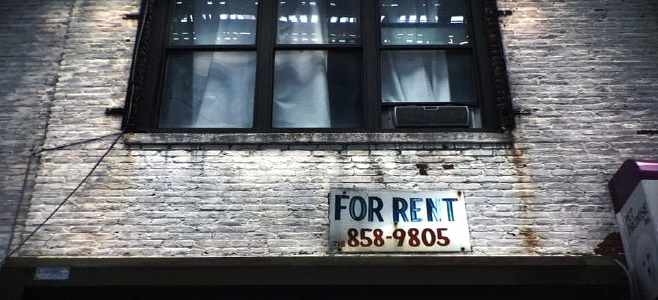Owning a home is considered by many as a key step towards becoming independent in a person's life, however, in the Western world, it is increasingly becoming more difficult to buy properties forcing millennials to rent for longer periods of their lives compared to their parents and grandparents. In this article, we are going to tell you why millennials are renting instead of buying a home.
Reasons Why Millenials Are Not Buying a Home?
Affordability
One of the primary reasons why millennials do not invest in house purchasing is affordability. The National Association of Realtors (NAR) determines an affordability index which measures whether a medium income family qualifies for a loan for a median-priced home. Thus, even though, based on this index, millennials are able to buy a house, however, it is significantly lower than the rest of the population who have a stable income.
More Demand Than Supply
In all countries around the world, the majority of jobs are created and investments are made in the biggest cities, resulting in people migrating from rural areas in the country as well as from abroad. Unfortunately, this is resulting in an exponential increase of population in the cities while the supply of new affordable homes lagging behind.
Furthermore, due to this massively increased demand for properties to live in, investors all around the world are buying up properties to rent out for profit which is further decreasing the supply of affordable homes available for first time millennial buyers.
Staying Single for Longer
Majority of millennials value their social life and job opportunities greatly, which leaves little time for them to find a partner. And without a partner, it is even harder for someone to buy their own home, the average marriage age for both females and males in the United States was 27.15 years old in 2010 and this has risen to 28.8 years old by 2019.
Student Debt
Education is a big business and so it is not surprising that costs continue to increase on average year on year, this can be even worse for the students that end up piling up tens of thousands of dollars of debt but never end up graduating. All students would be better off using the money they are paying off their student debts with, instead of towards saving up for a mortgage.
The Craving of Freedom
With the rise of freelancing and the gig economy, it is becoming easier to work from anywhere as long as you have internet access. This coupled with the ability to go anywhere around the world for a low cost in less than 24 hours thanks to great transportation means that millennials are a lot more nomadic than past generations. Once the average person buys a property, this means that they no longer are able to travel around, and many millennials are not prepared for that reality yet.
Lack of Planning Ahead
Saving up for a home for a person on an average yearly income will take long term dedicated savings after you deduct a person's monthly expenditure. Despite this, many millennials are failing to grasp this concept and start saving up years or even a decade in advance.
Extra Responsibility
Being an owner of a home and just renting it out are two completely different things, if for example the roof gets damaged you can simply move out if you are renting. But once you become the owner it is your responsibility to find the necessary funds to carry out any repairs. Other costs that owners of properties are responsible for include taxes, insurance, homeowners association charges if any, and landscaping or lawn mowing is you own a house.

Lust for Dynamic Life
Millennials are still very keen on living in big and crowded cities. A study done by the Pew Research Center found out that 88% of Millennials live in metropolitan areas compared to baby boomers. This can be attributed to multiple reasons, however, it is mostly because they are more career oriented and are following greater job opportunities or they are simply not ready to own a house.
What Are Some Solutions to This Problem?
The solution is more easily said than done, building more homes is the answer. Majority of homes are built for profit which means that prices are set based on the maximum that people are willing to pay for them
A good example to solve this problem is the Singapore system. Singapore is one of the most densely populated countries in the world, with an average of 18,513 people living in every square mile. However, it is also one of the countries with the highest levels of homeownership in the world, with 91.50% of people owning their own home. This has been achieved thanks to initiatives by the government where they build massive blocks of apartments in the densely populated country.

All the apartments are available to Singaporeans for a very affordable lease which allows them to own their flat for 99 years after which it is returned to the government who then release it to new occupants. It is a very innovative approach that has been proven to work.
Is Buying a Home Even Worth It?
There is no answer to this as it depends on each individual separately, however, do not rule out house ownership just because you are young and it doesn't seem economically feasible to buy one. If you are really committed to having a house, then set a budget and a timeline and start making plans to reach that goal.
Many financial experts are now recommending that for people who cannot afford to buy their own home to instead rent a property and use their savings to invest in a savings account allowing them to have more money for once they retire. However, if you want to use your retirement funds for buying a house, you must know that it comes with a huge responsibility as you have to take care of the monthly mortgage payments and have to closely monitor the additional house expenses. But, yet again, moving into a new home is always exciting and a new fresh start, so if you are planning to do so in your retirement, we certainly wish you luck.
A self storage unit can help by storing all your possessions while you are transitioning to your new home. A storage unit near you will be convenient and easy to reach should you need anything while, or even after the big move.


